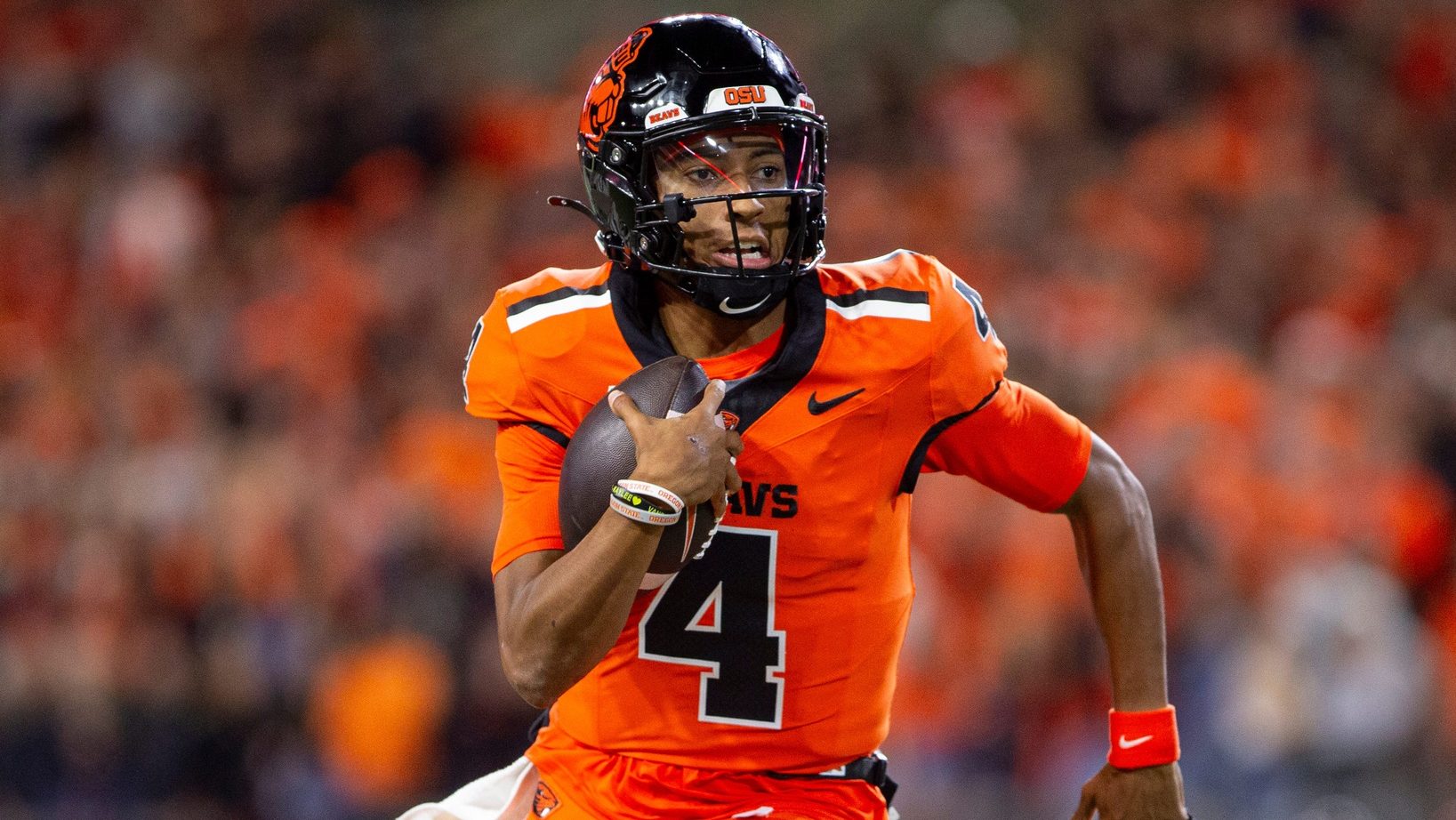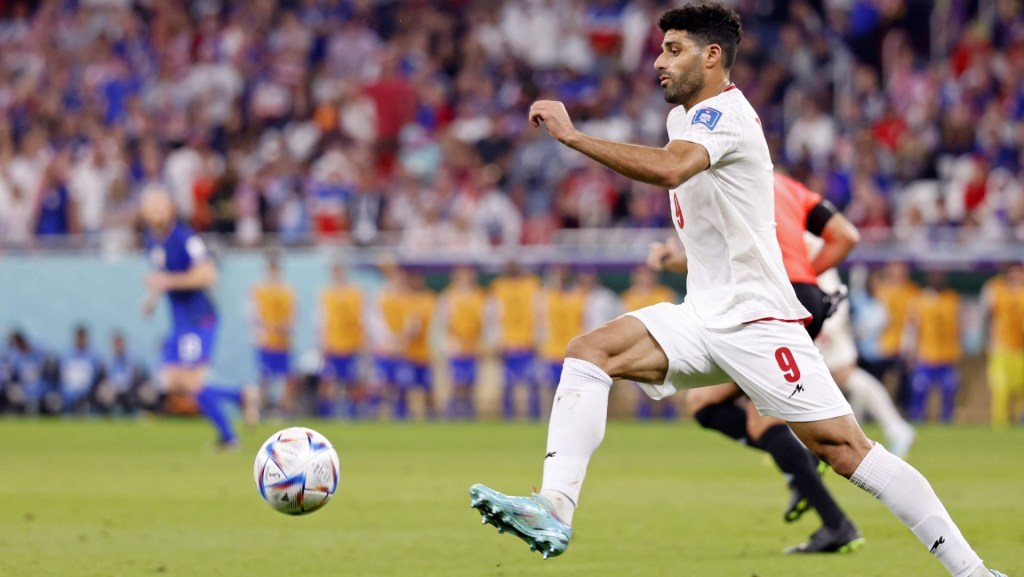The Pac-12 has taken yet another major step in its rebuild from the ashes with the announcement of a multi-year agreement with The CW through the 2030–31 season.
The deal complements the agreement signed earlier this summer with CBS, which the Pac-12 described as the league’s “anchor” deal aimed at showcasing the conference’s top football and men’s basketball games.
The deal with the CW is an extension of football-only deals struck for the 2024 and 2025 seasons that have helped keep the two-member conference afloat. (The 2025 deal also included CBS and ESPN).
Starting in 2026–27, when the Pac-12 welcomes seven new members to bring its school count to nine, the CW will host 66 total matchups per season. It now owns the rights to the women’s basketball tournament semifinal and championship games, 13 regular season football games, 35 regular season men’s basketball games, and 15 regular season women’s basketball games.
The league’s broadcast production arm, Pac-12 Enterprises, will produce all the games for The CW.
Financial terms of the deal were not disclosed.
“Our partnership with The CW has been one of mutual growth and transformation, from the development of our Pac-12 Enterprises’ broadcast production business to the significant added value and positive impact to our current and future members via true national reach across 100% of U.S. television households,” Pac-12 Commissioner Teresa Gould said in a statement.
The Pac-12 found out it would lose UCLA and USC to the Big Ten back in 2022. But it wasn’t until 2023 that the conference fully collapsed—former commissioner George Kliavkoff was unable to convince schools to sign a new media rights agreement for 2024, freeing them up to flee the conference without having to pay financial “exit fees.” The conference was left with only Oregon State and Washington State.
Those two schools sued the Pac-12 conference office and departing schools for both money and assets, retaining the intellectual property rights to the storied league. They found a new commissioner in Teresa Gould, signed a football scheduling partnership with the Mountain West and an affiliate agreement with the West Coast Conference, and embarked upon an unprecedented rebuild.
Last fall, the conference announced it would take five Mountain West programs: Boise State, Utah State, Colorado State, Fresno State, and San Diego State. It subsequently added Gonzaga and Texas State.
Though the acquisitions guaranteed the conference’s existence in the future, they also sparked litigation; the Mountain West’s football scheduling agreement included language that required “poaching fees” if the Pac-12 took schools.
The Pac-12 is now embroiled in litigation with the Mountain West to avoid paying these fees which is ongoing as the parties were unable to reach a settlement through mediation this summer.
The conference said that all nine current and future members were involved in the conversations about signing the extension agreement with the CW, and “continue to collaboratively chart additional business matters and future conference considerations.”
As for what’s next: The Pac-12 now has the requisite eight full FBS football-playing members to guarantee it will maintain its FBS status, per NCAA rules. The conference confirmed it isn’t finished rounding out its future media rights package. ESPN, currently part of the league’s one-year test-run deal, could be another option. The Pac-12 may continue its search for more members.







![[Subscription Customers Only] Jun 15, 2025; Seattle, Washington, USA; Botafogo owner John Textor inside the stadium before the match during a group stage match of the 2025 FIFA Club World Cup at Lumen Field.](https://frontofficesports.com/wp-content/uploads/2026/02/USATSI_26465842_168416386_lowres-scaled.jpg?quality=100&w=1024)
![[Subscription Customers Only] Jul 13, 2025; East Rutherford, New Jersey, USA; Chelsea FC midfielder Cole Palmer (10) celebrates winning the final of the 2025 FIFA Club World Cup at MetLife Stadium](https://frontofficesports.com/wp-content/uploads/2026/02/USATSI_26636703-scaled-e1770932227605.jpg?quality=100&w=1024)








